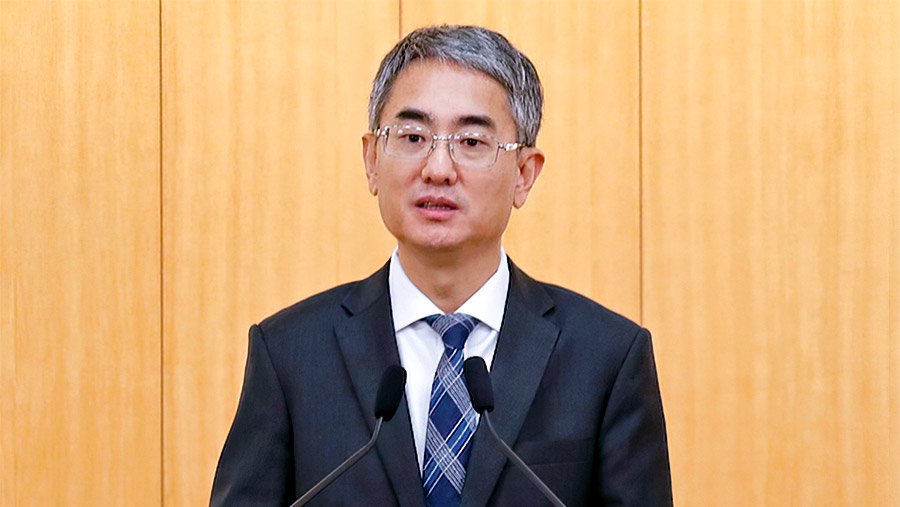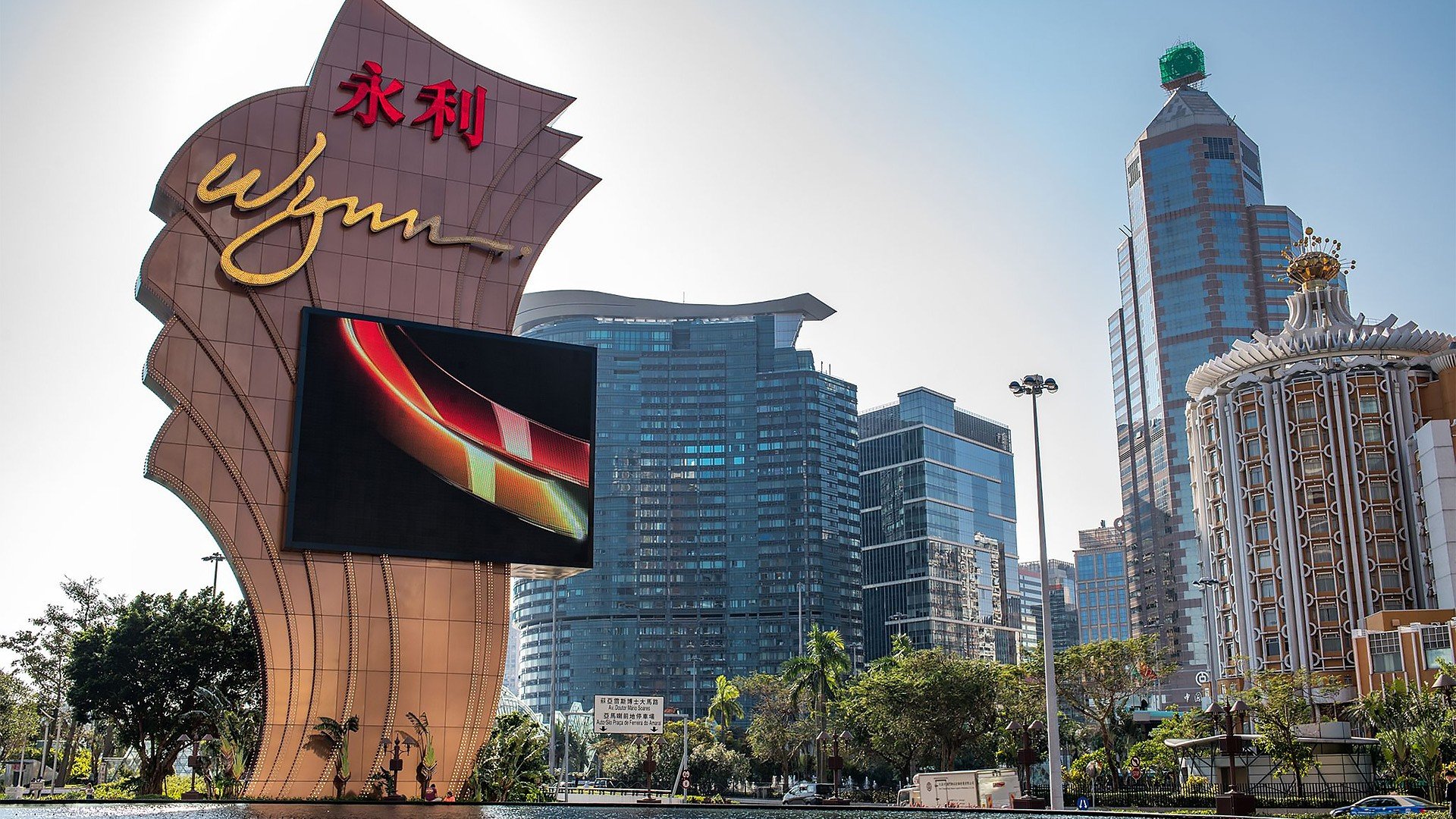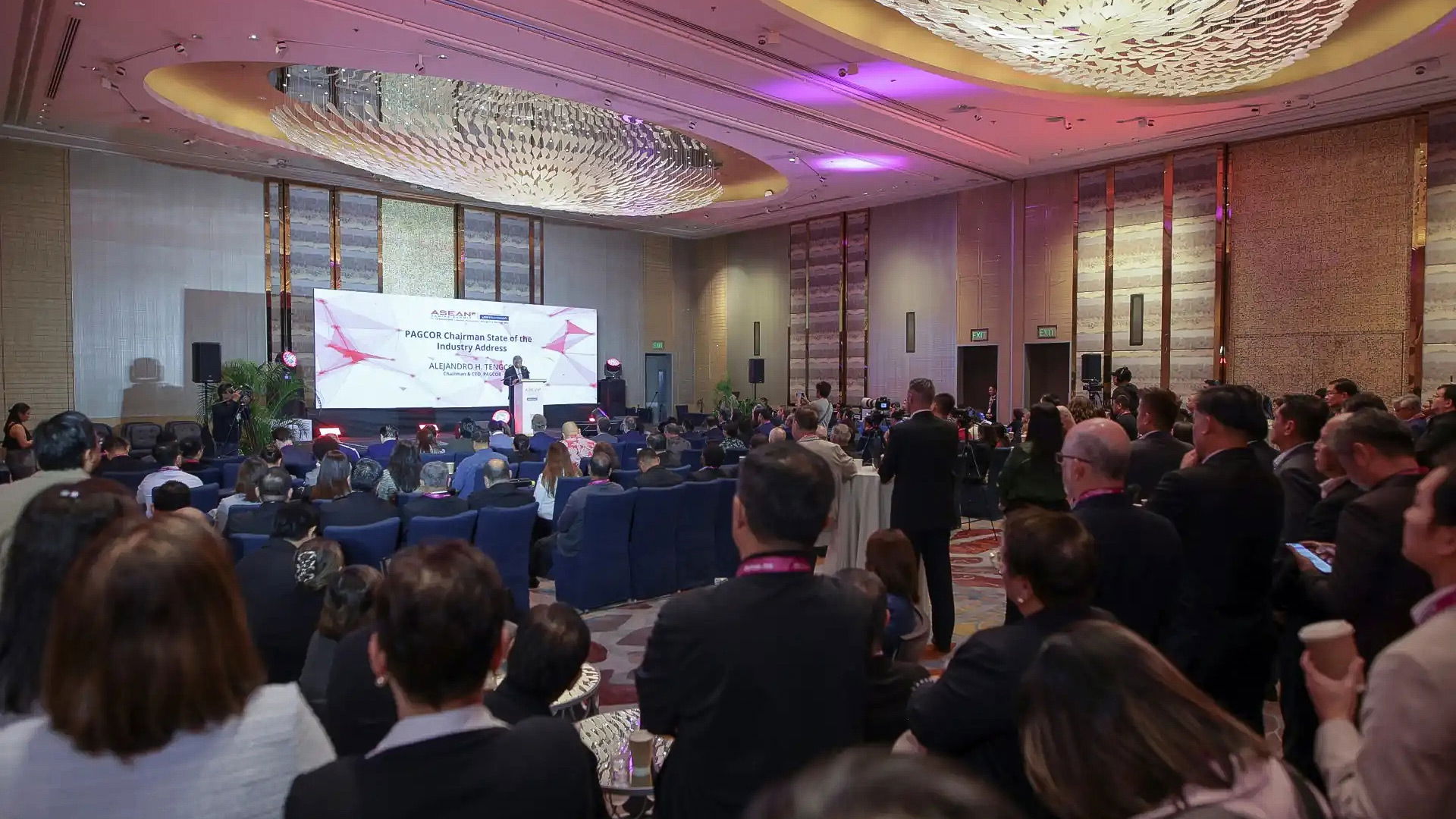Macau's six casino operators see licenses renewed for 10-year period; Malaysia's Genting left out

Macau’s government announced Saturday the six casino operators set to get new licenses to operate in the gambling hub from January. Malaysian operator Genting missed out on a spot, while three Las Vegas-based companies have been granted provisional approval to continue operating in the Chinese special administrative region for the next 10 years.
Officials in Macau said the main considerations for granting licenses included ensuring local employment, developing overseas tourist markets and developing non-gaming projects, reports Reuters. The highly anticipated announcement signals stability and continuity for the operators, who have invested more than $50 billion in the hub in the past 20 years.
While Genting Malaysia had been considered a credible candidate for a Macau license due to its strong non-gaming track record and mass market appeal – thus fitting key criteria for Beijing, which is adamant that Macau diversity away from gambling and attract foreign tourists – the government decided to award the new permits to the city’s existing operators.
If any incumbents had lost, they would have had to return the casino area to the government for free at the end of the year, making it financially unviable to operate the remaining facilities, as gambling accounts for 80% to 90% of total revenue.

Sands China, Wynn Macau, Galaxy Entertainment, MGM China, Melco Resorts, and SJM Holdings, have operated in the Chinese special administrative region since 2002, and their concessions are set to expire at the end of the year. In order to retain their licenses, the company committed to help diversify tourism by investing in non-gaming attractions such as theme parks and music venues.
"We are committed to Macau and its development as Asia's premier tourist destination," Lawrence Ho, chairman and chief executive of Melco, said in a statement.
Over the years, these companies have invested billions of dollars in the only location in China where gambling is legal. While they have faced strong financial pressures due to the Covid-19 pandemic, the heavyweight operators hope for the region’s eventual return to pre-pandemic days.
André Cheong Weng Chon, Macao’s secretary for administration and justice, said the government will begin to draft contracts expected to be signed with concessionaires next month, reports Las Vegas Review-Journal.
André Cheong Weng Chon
“The six companies that have been provisionally awarded will be developing the non-gaming and gaming sectors for Macao,” Cheong said. “They have all submitted plans to the government for future investments, but no details can be announced at this stage.”
“The government has chosen these six companies in accordance with the law, and the bidding committee, in accordance with the law, focused on the tenderers’ social responsibility plans, and this condition was accepted by the government," Cheong added.
While the addition of Genting to the list of applicants generated some doubt that one of the existing companies could be ousted, Sands CEO Rob Goldstein said the firm’s commitment to Macau has “never wavered” and that the business is honored to continue the partnership it began with the city 20 years ago.
“In the coming decade and beyond, we will remain steadfast in our strategy of continuous investment in Macau — in its economy, its people and its community,” he added, as reported by Review-Journal. “Macao’s future as an international tourism destination remains bright and we look forward to furthering our leadership role in helping it reach its full potential.”
Sands' Rob Goldstein
Macau adheres to China’s strict zero-tolerance policy toward Covid-19, closing borders and shutting down casinos whenever an outbreak has occurred. The policy has kept visitation and gaming revenue below historic levels for the past two years. Last year, revenue amounted to $10.8 billion, down 75% from 2013’s record $45 billion.
Macau gaming stocks shot up on Monday after the licensing news. Among the Hong Kong-listed arms of US casino groups, Wynn Macau rose 15.1%, MGM China 13%, and Sands China 8.4%.
“Many investors – especially long only – were largely staying away from the sector,” said DS Kim, an analyst covering the sector for JPMorgan. “But this is great news,” he added, as reported by Financial Times.


















































